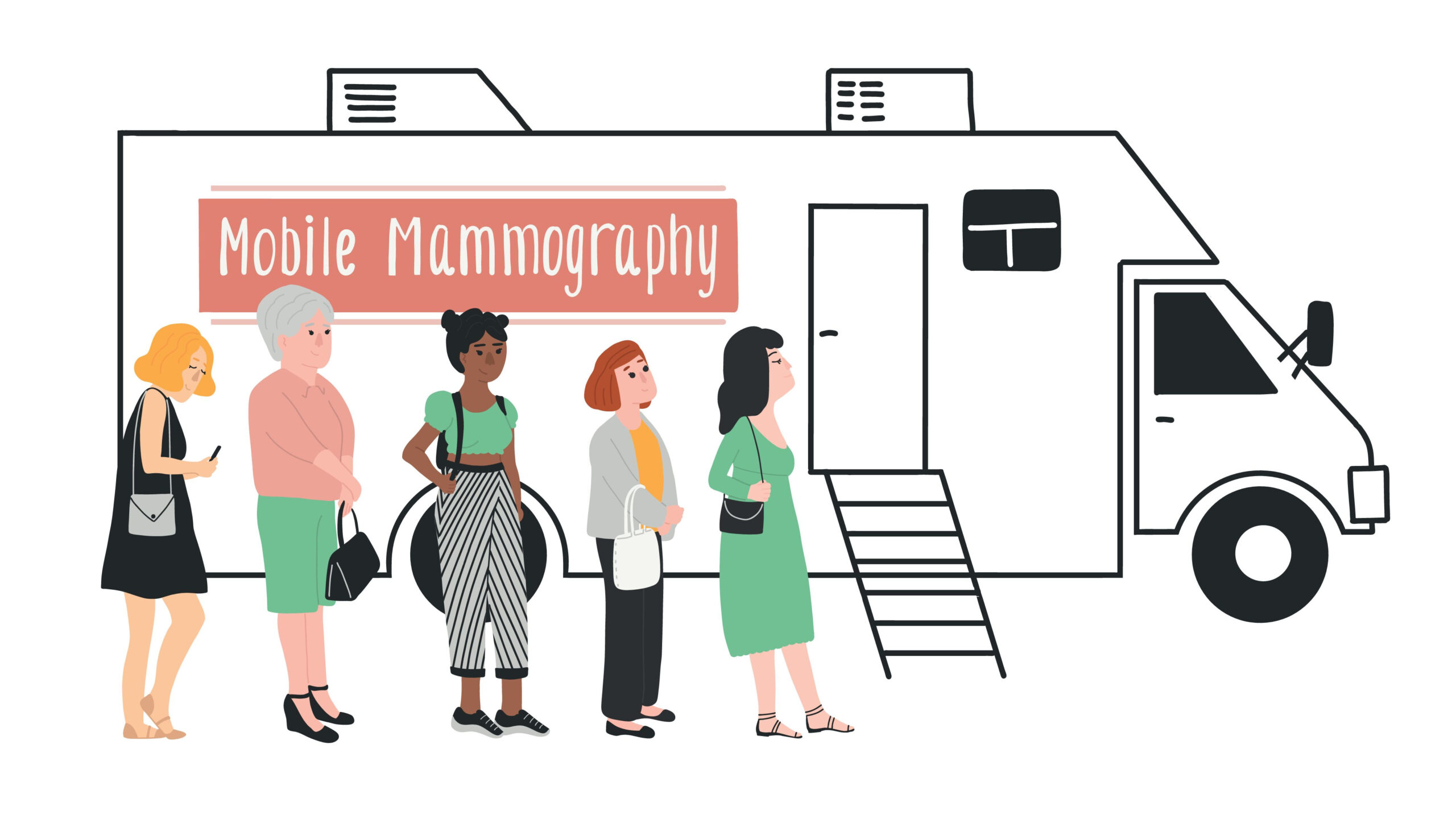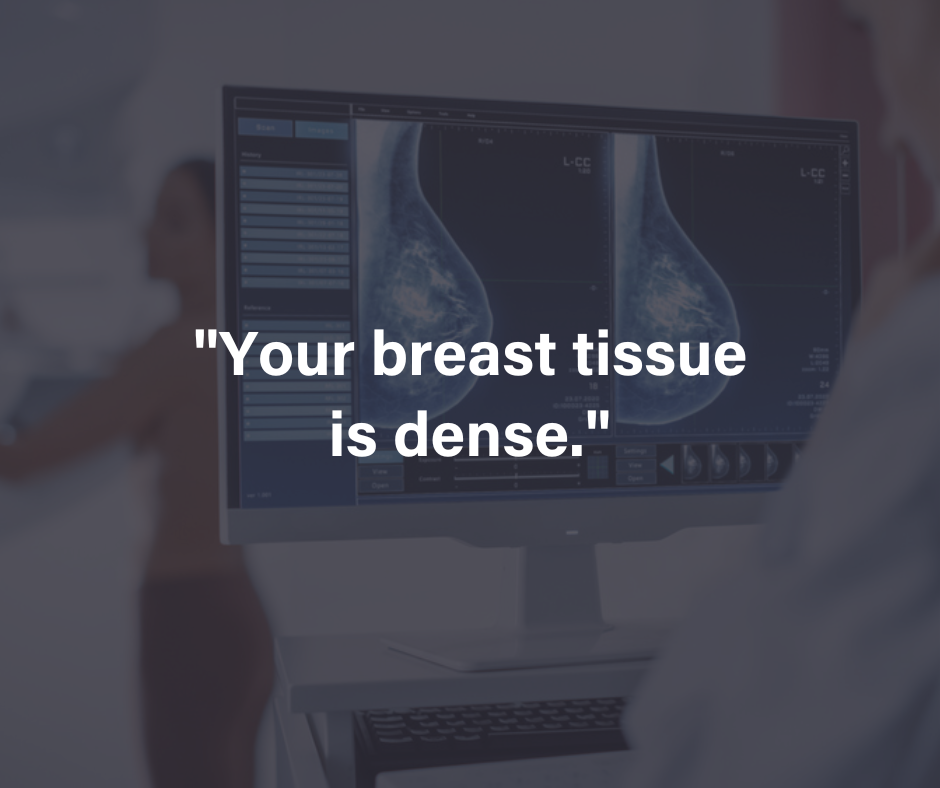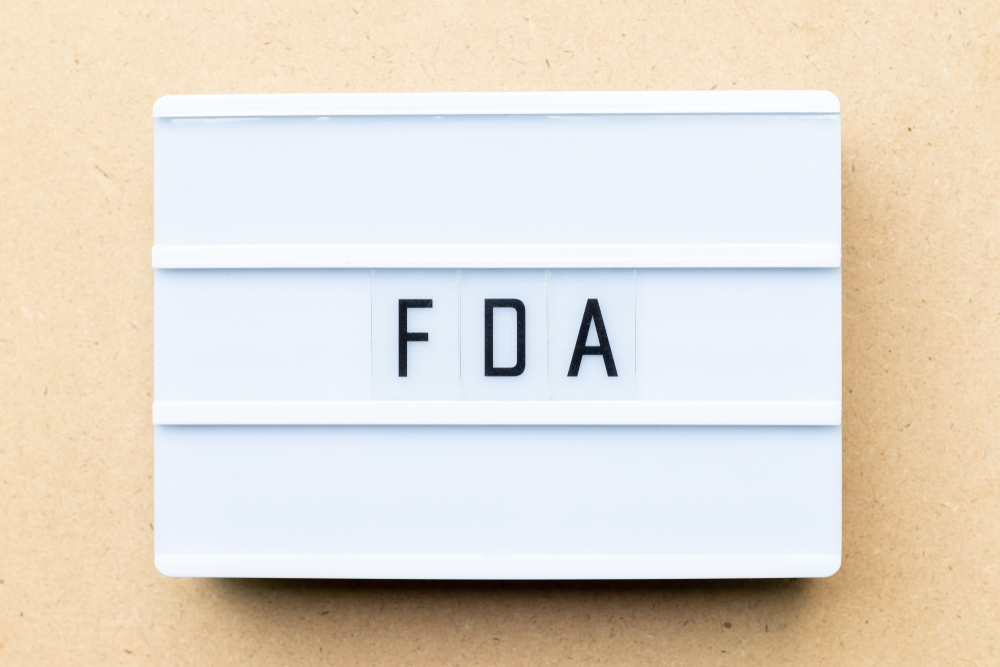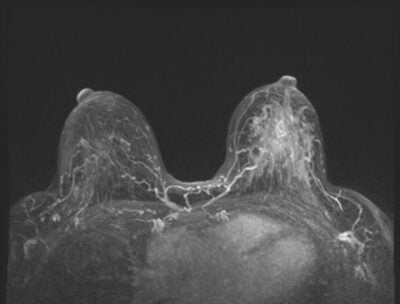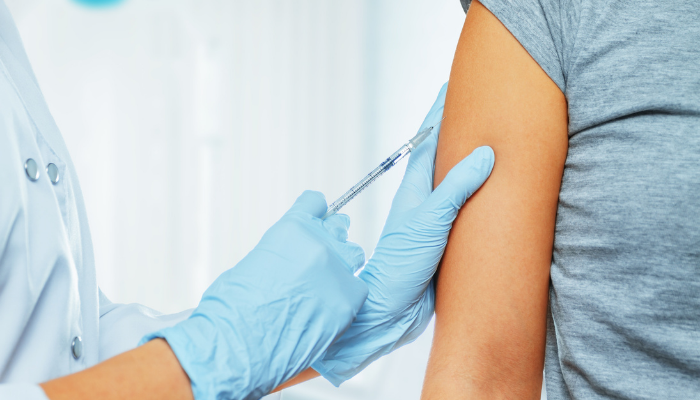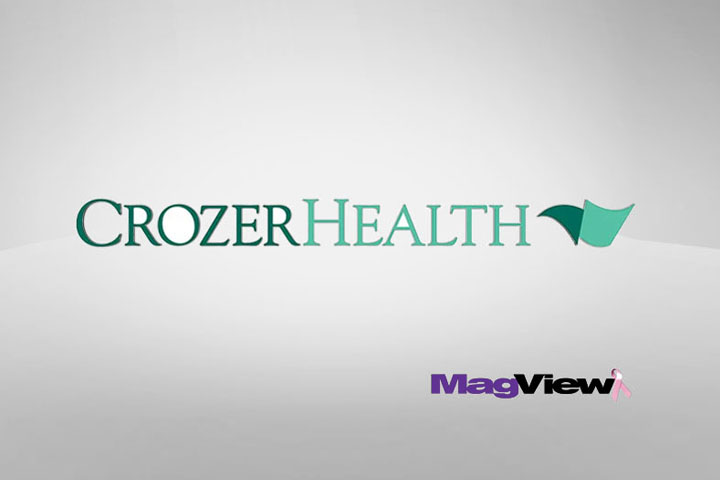Prevention of breast cancer for women who are high-risk is unique due to the amplified threat of the disease these women face. That being said, there are key ways to help prevent the likelihood of developing breast cancer in women who tend to be more prone or at a higher risk of developing the disease. In this article, we break down the importance of knowing your family medical history, specific preventative measures, lifestyle change recommendations, and prophylactic surgery options. In doing so, we hope to impart some knowledge on how to help with high-risk breast cancer prevention.
Genetic Testing
Genetic testing for breast cancer is a way to identify mutations in genes that, if present, can significantly increase the risk of developing the disease. In order to do this testing, a sample of blood or saliva is taken and then sent to a lab for focused DNA testing. Those with high-risk factors should consider genetic testing, as it helps better diagnose the risk assessment for cancer development. Additionally, this testing allows you to make informed decisions on preventive measures, changes in lifestyle, and preventive surgeries that could help reduce a patient’s high-risk nature. While the premise of genetic testing is positive, if some mutation is found, then stress and anxiety can occur. It is important to speak with your doctor on testing, and to have the proper support post-testing.
Family History
Family history, tells the story of your relatives and what ailments, illnesses, or diseases have affected them. Knowing your family history is vital, as this can help you foresee or predict the likelihood of risk you have of developing breast cancer. Certain genetic mutations are inherited and can be passed down through familial generations. If this is the case, these mutations can significantly increase the risk of developing breast cancer. Therefore, if someone in your family has had breast cancer, you may be considered at higher risk of developing it yourself.
A family history of breast cancer may warrant starting mammograms earlier and having them done more often. Lifestyle changes based on the patient’s health may also be suggested, as these changes could help lower the risk the patient has. Preventive surgeries, certain medications, and making reproductive decisions surrounding breast cancer all stem from knowing your family history regarding the disease.
Preventative Measures
Preventing breast cancer comes with a series of lifestyle decisions and overall medical care that can help better the chances of the disease developing in someone. These measures can be taken in order to give patients the best outcome possible and can even help benefit overall health and other aspects of their day-to-day lives. Below are some preventative measures high-risk women can take to bring down the risk of developing breast cancer:
- Healthy Diet: Eating a diet rich in whole foods, vegetables, and lean proteins can help reduce the risk of breast cancer. Furthermore, limiting the intake of processed foods and saturated fats can be a game changer for patients.
- Regular Exercise: Exercise is another one of those activities in which risk prevention can occur, with 150 minutes of moderate exercise per week being the goal.
- Limiting Alcohol and Avoiding Smoking: Limiting alcohol intake, paired with avoiding smoking, can reduce the risk in high-risk women.
- Maintaining A Healthy Weight: Keeping weight in a healthy range is one of the great functional ways to reduce the risk of developing cancer.
- Regular Screenings: Scheduling screenings on a cadence aligned with the doctor’s suggestion is a great way to help catch any early signs of breast cancer. Understanding your breast density and personal risk plays into how often and what kind of screening you should have. The earlier the diagnosis, the better the outcome can be for the patient.
- Genetic Testing: As mentioned above, genetic testing can be another valuable preventive measure.
As you can see, along with preventative measures is a need for lifestyle changes for certain high-risk individuals. Having the ability to change diet, introduce exercise, and lead an overall healthier life can give those with a higher risk of developing breast cancer a better chance at preventing it.
Prophylactic Surgery
Some high-risk patients may choose to undergo prophylactic surgery in order to combat a severe high risk of developing cancer. This surgery requires the removal of most of the breast and must be discussed with a doctor before a patient determines this is their best route. Certain gene mutations, a prior history of cancers in other parts of the body, or a dominant family history of breast cancer may all warrant the need for this surgery to occur.
Preventing Breast Cancer In High-Risk Women
As you can see, there are a lot of steps you can take to prevent breast cancer in women. Furthermore, you can do adequate testing to determine the risk level of a patient, dictating the measures of prevention they must take in order to stop the development of this disease. If you believe you are at high risk of developing breast cancer, consulting with your doctor is always recommended.


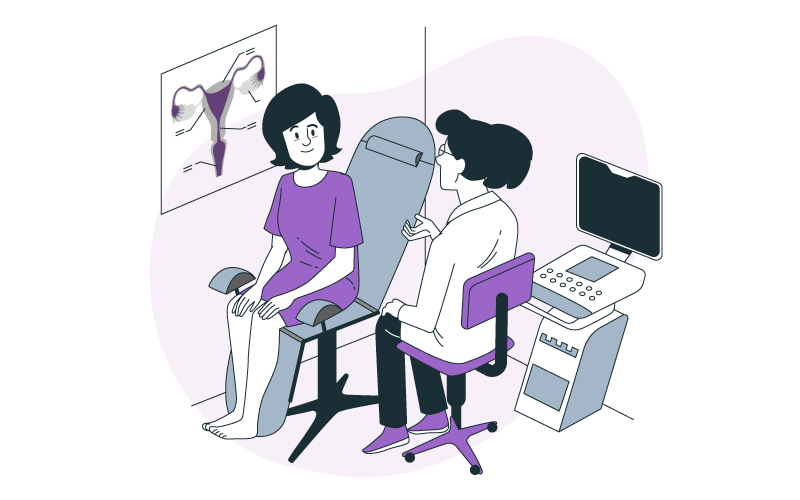









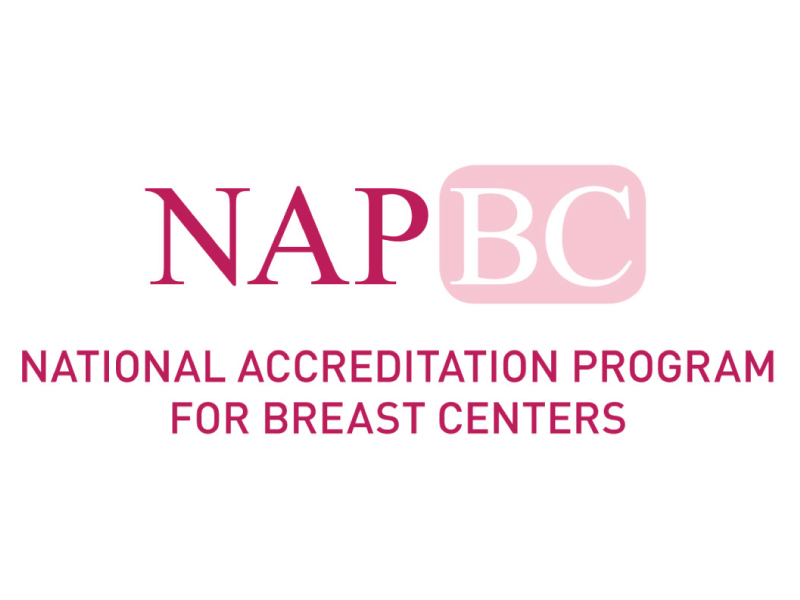
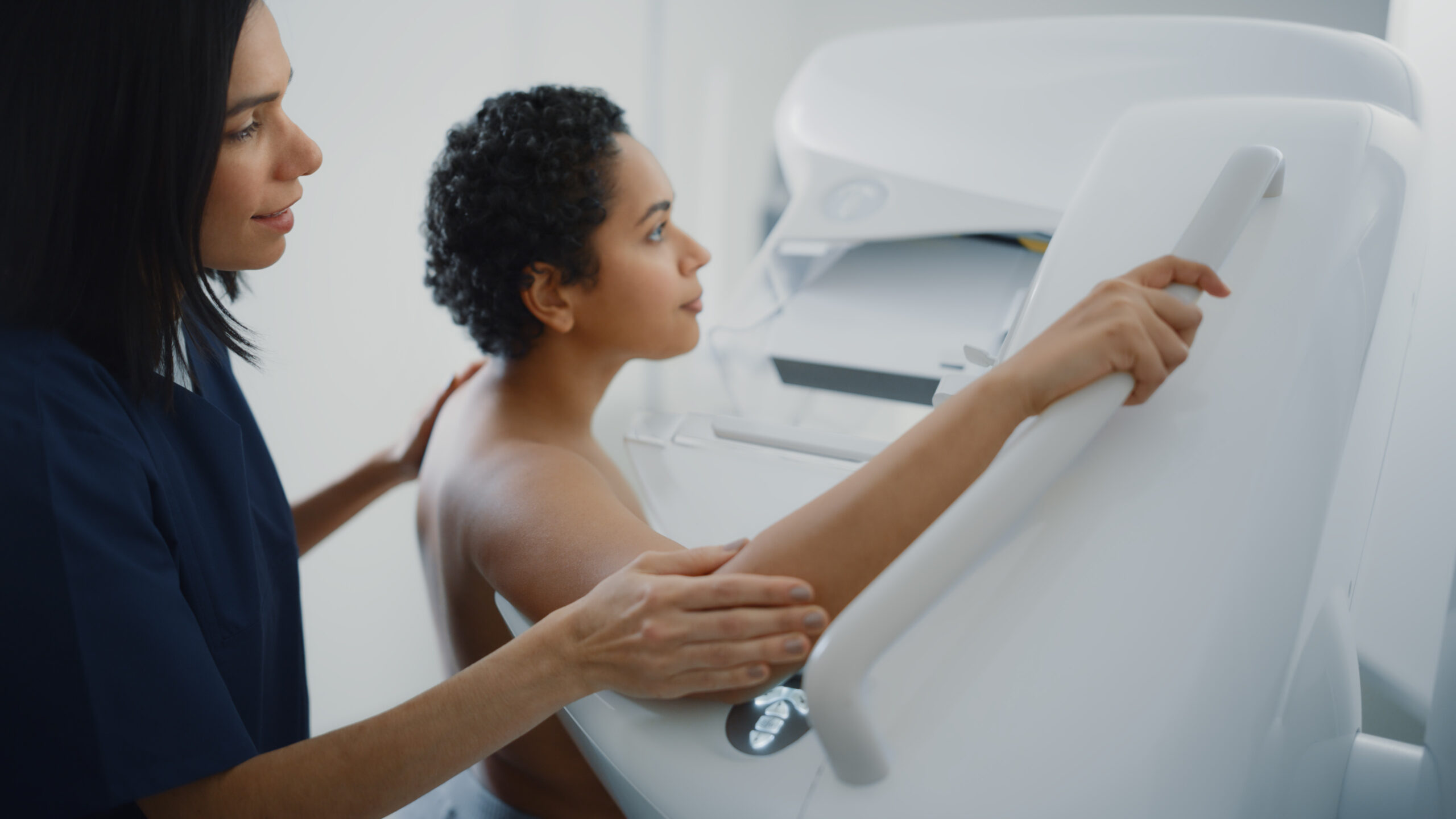
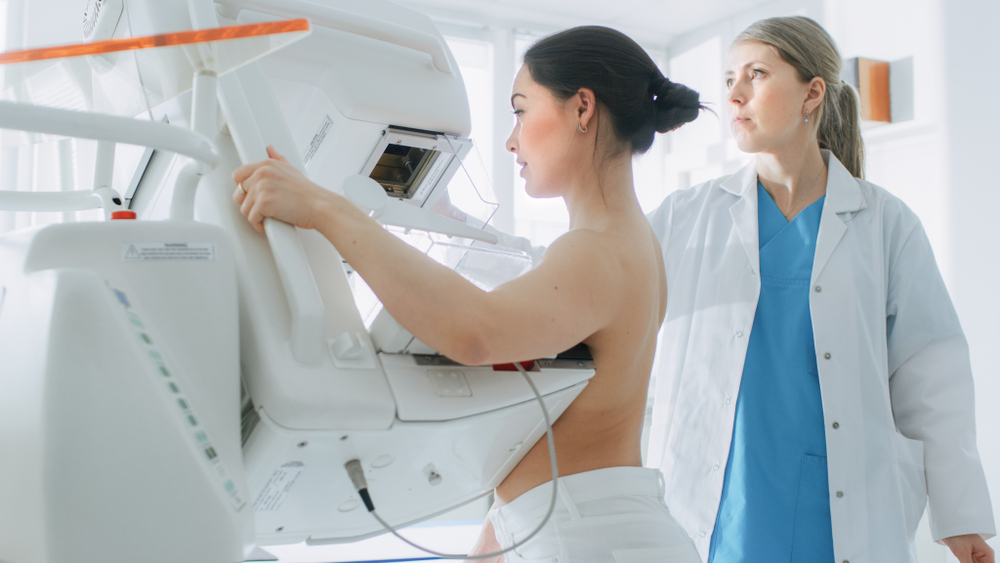
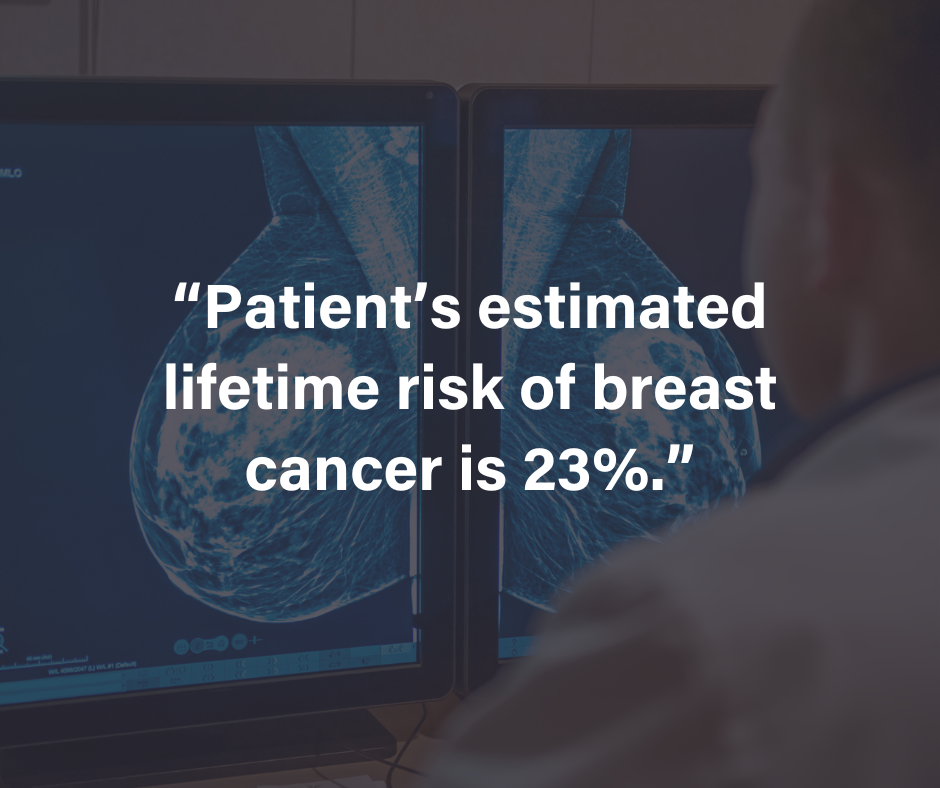
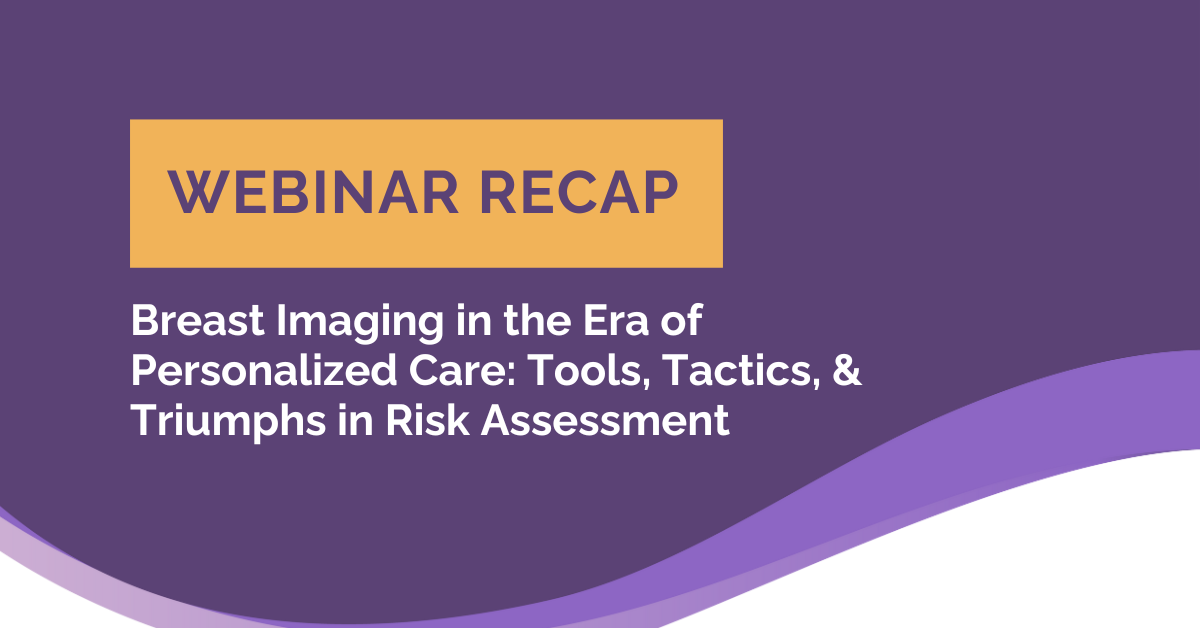
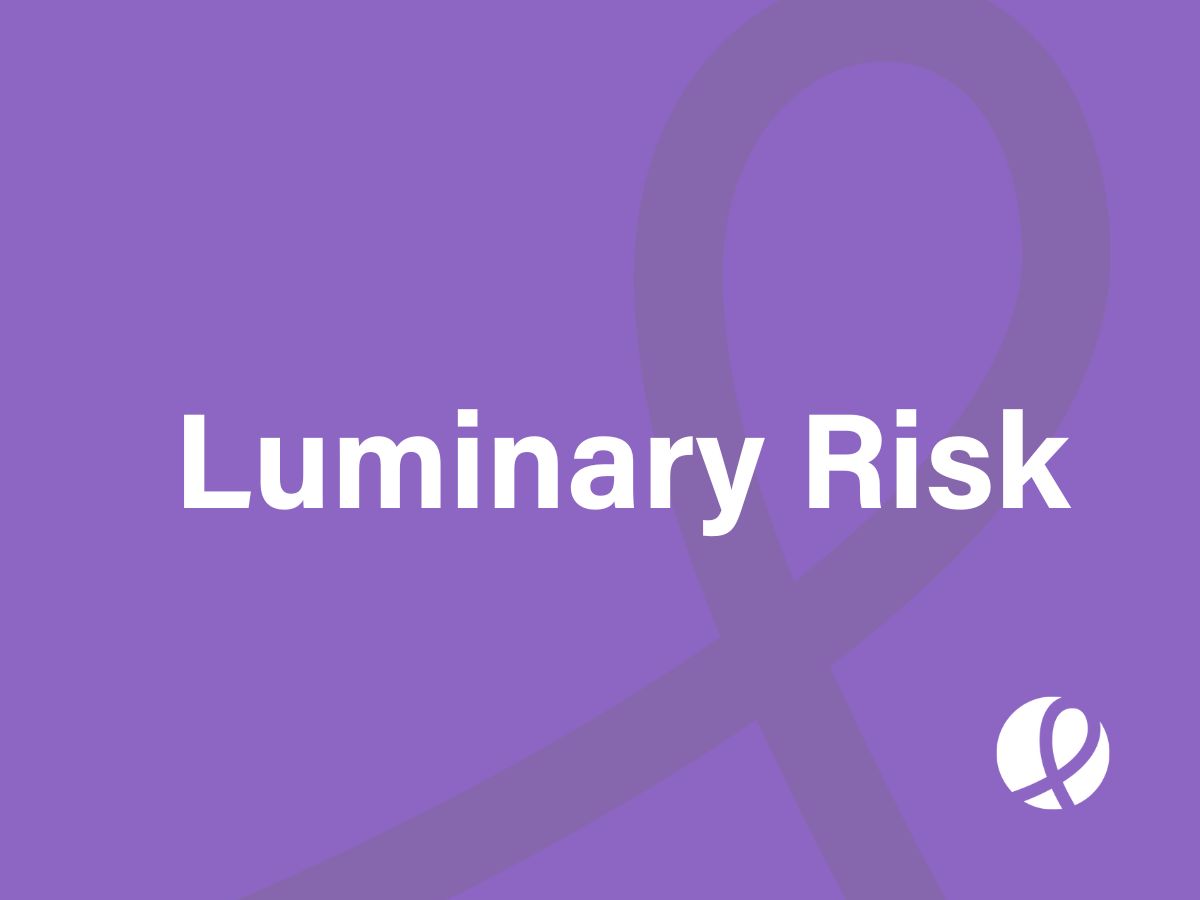





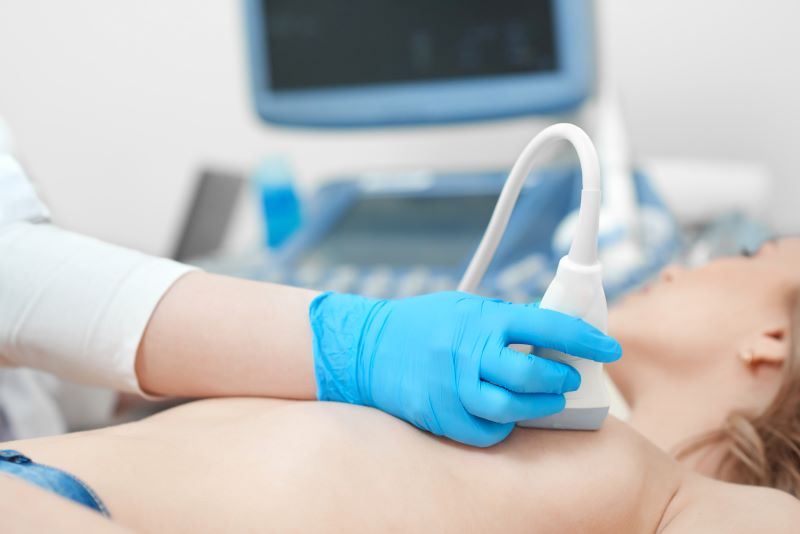
![monitoring breast density shutterstock_1299510538-[Converted]](https://magview.com/wp-content/uploads/2023/05/shutterstock_1299510538-Converted.jpg)
